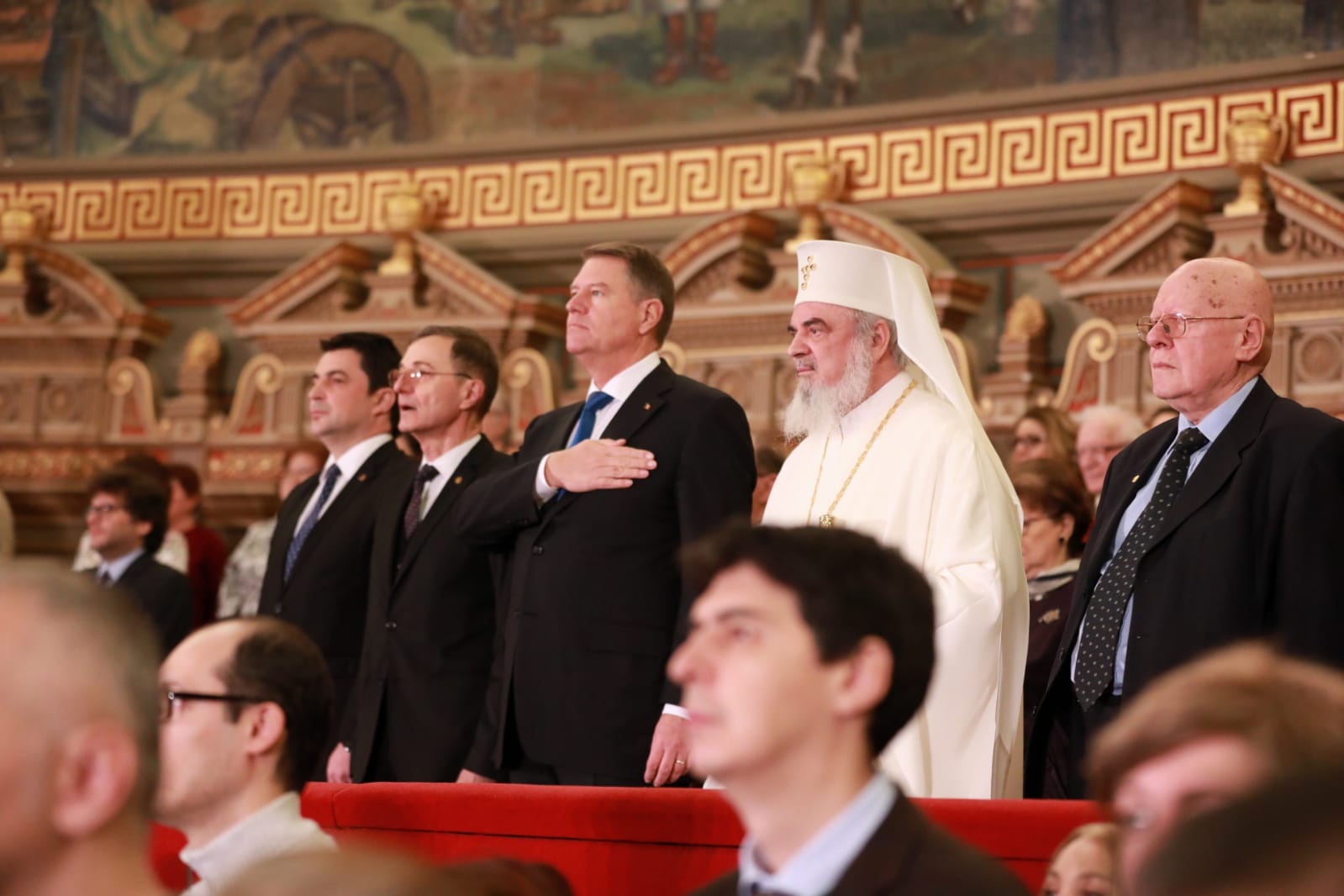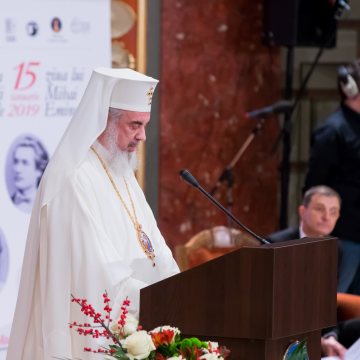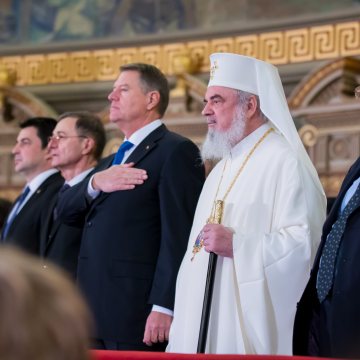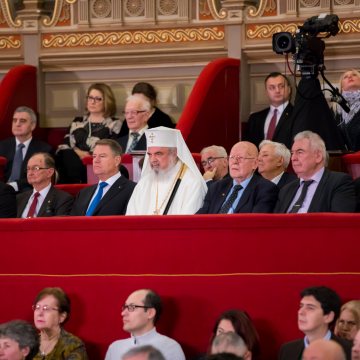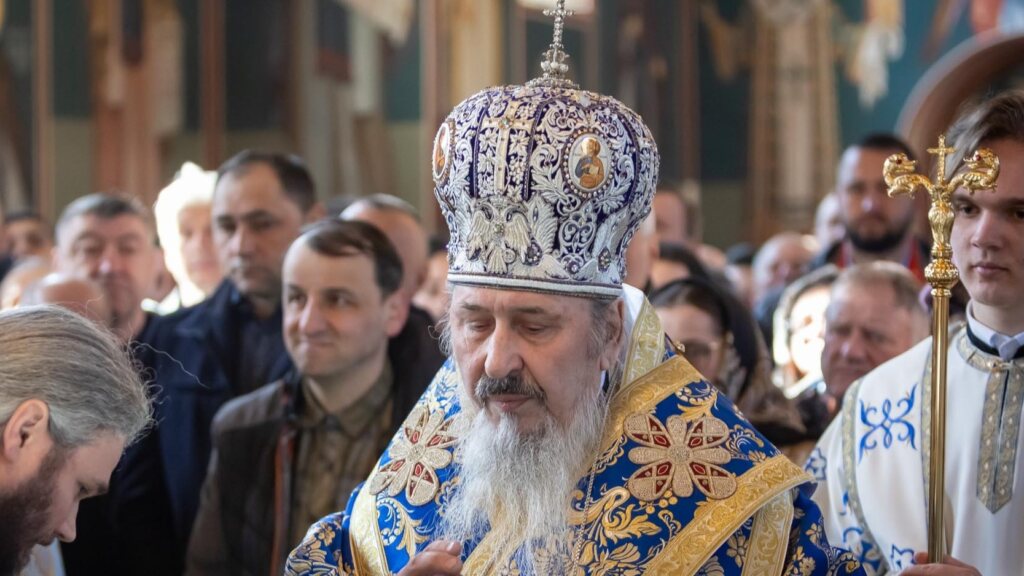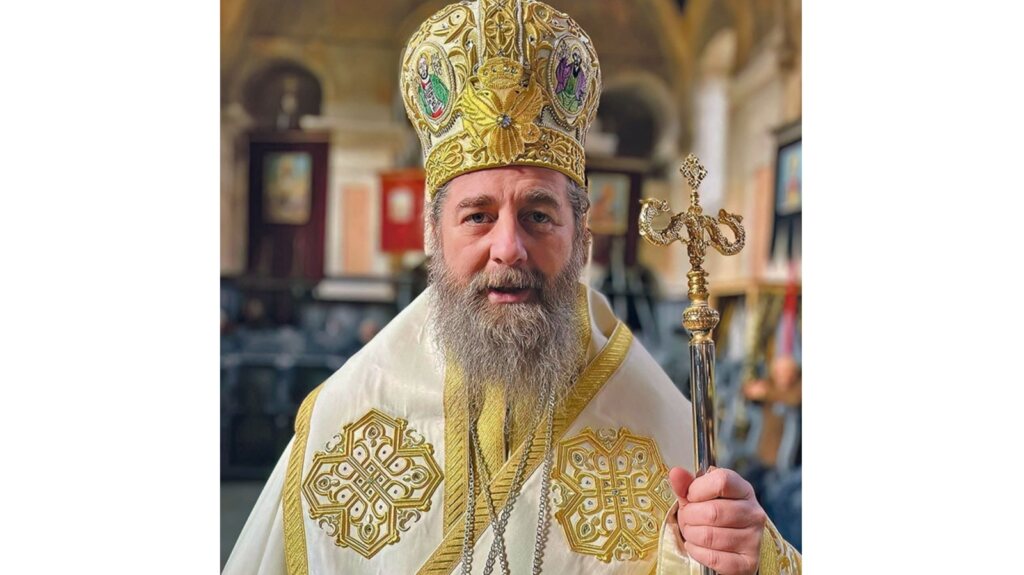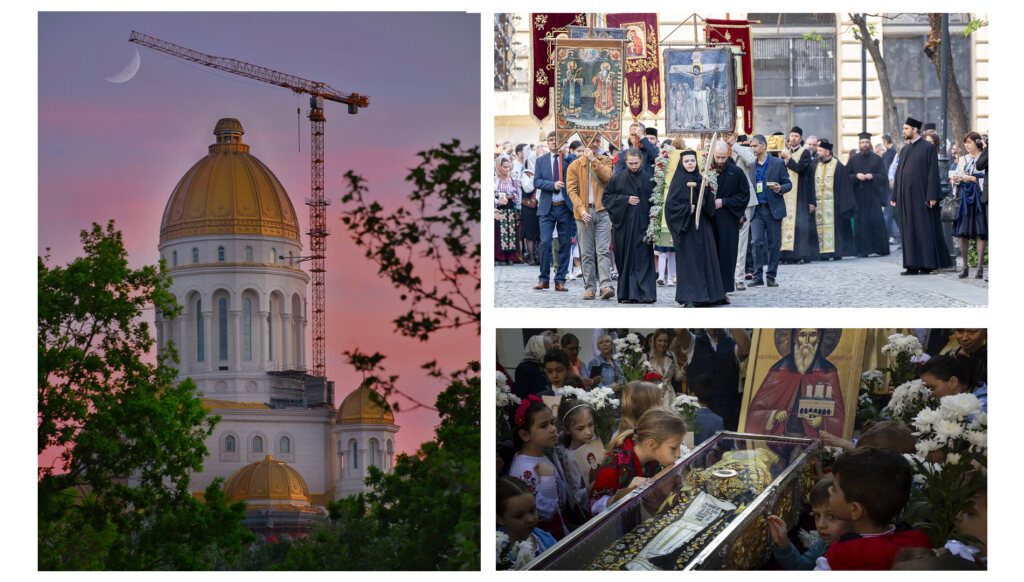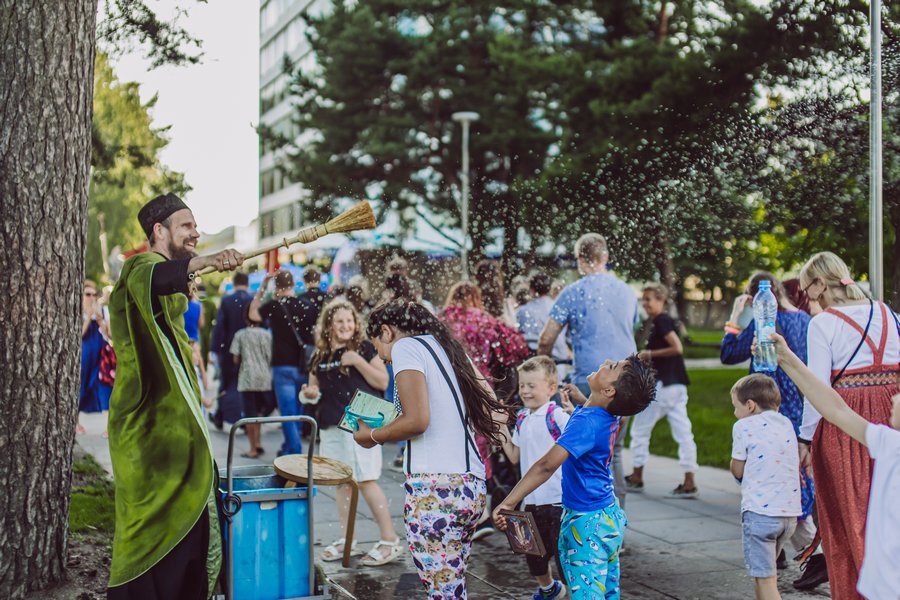The Romanian Academy on Tuesday held a festive session at the Romanian Athenaeum in Bucharest to mark the National Culture Day, which was attended by His Beatitude Patriarch Daniel and Romanian President Klaus Iohannis.
Introduced in 2010, Romania’s National Culture Day is celebrated on January 15. This is the birth date of Romanian poet and novelist Mihai Eminescu, a canonical figure of Romanian literature and a representative of the local Romanticism.
The event was chaired by the President of the Romanian Academy, Ioan-Aurel Pop, who offered his opening remarks on the significance of January 15 as the birth anniversary of Mihai Eminescu.
Culture plays an essential role in the evolution towards modernity
In his speech, President Klaus Iohannis said that ‘when we talk about Romanian culture, we cannot omit its essential role in our country’s evolution towards modernity.’
His Excellency referred to the works of great Romanians such as George Enescu, Constantin Brancusi, Eugen Ionesco, who ‘demonstrated the compatibility of tradition and modernity and testify to the twinning of our culture with the European spirit and international artistic values.’
The President noted that the Romanian language is ‘the argument and foundation of our aspiration to national unity and social progress,’ adding that ‘Romanian teachers, historians, poets, and writers strived and sacrificed themselves for letters and language, and remarkably even scholars of other ethnicities have done the same.’
The Church has kneaded and promoted the culture of the Romanian people
Addressing those present, His Beatitude Patriarch Daniel stressed that ‘the Romanian Orthodox Church had a major contribution to the formation and promotion of the culture of the Romanian people.’
The Romanian Patriarch pointed out that the first printing houses in Romania were established ‘inside monasteries or episcopal centres,’ and that ‘the first master typographers were part of the clergy.’
He presented the example of several hierarchs and monastics who contributed to the development of Romania’s national culture, recalling that the first educational institutions ‘were established inside monasteries, and consequently near parochial churches.’
The Patriarch also recalled the difficult period during the communist regime, noting that after 1989 ‘the Romanian Orthodox Church continues to be a protector and promoter of Romanian cultural values.’
Eminescu and Bessarabia
Academician Mihai Cimpoi delivered a speech about Eminescu’s relation to Bessarabia, focusing on ‘the essential role played by his poetry in preserving and cultivating the Romanian language and national identity beyond the country’s borders,’ Mediafax reports.
The festive session was followed by a poetry recital performed by actor Dorel Visan, and a concert by the “Royal Camerata”, and the lobby of the Romanian Athenaeum was the host of a photo-documentary exhibition carried out by the Romanian Academy Library partnered by the National History of Romania Museum (MNIR).
The festive session dedicated to Romania’s National Culture Day was organized by the Romanian Academy in partnership with the National Foundation for Science and Art, the Romanian Philharmonic, the National Museum of Romanian Literature, Bucharest City Council, and the Library of the Romanian Academy.
Photography courtesy of Mircea Florescu/Basilica.ro
